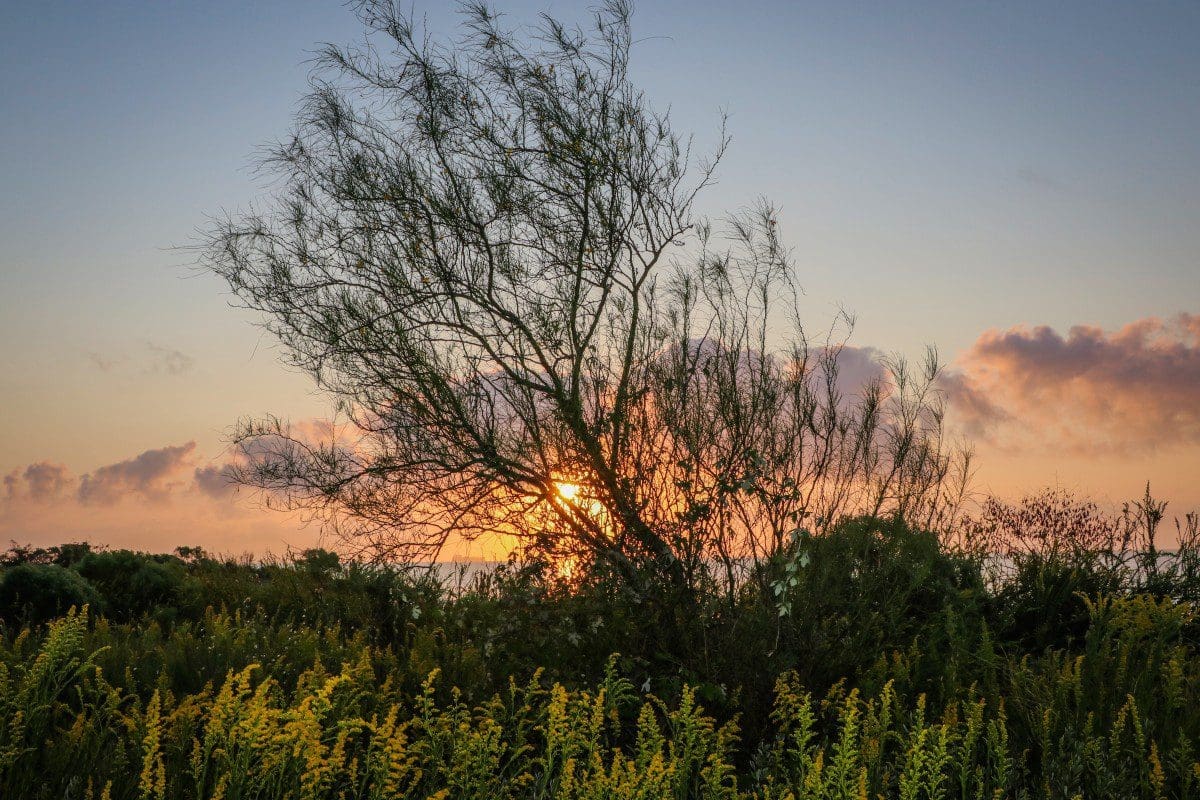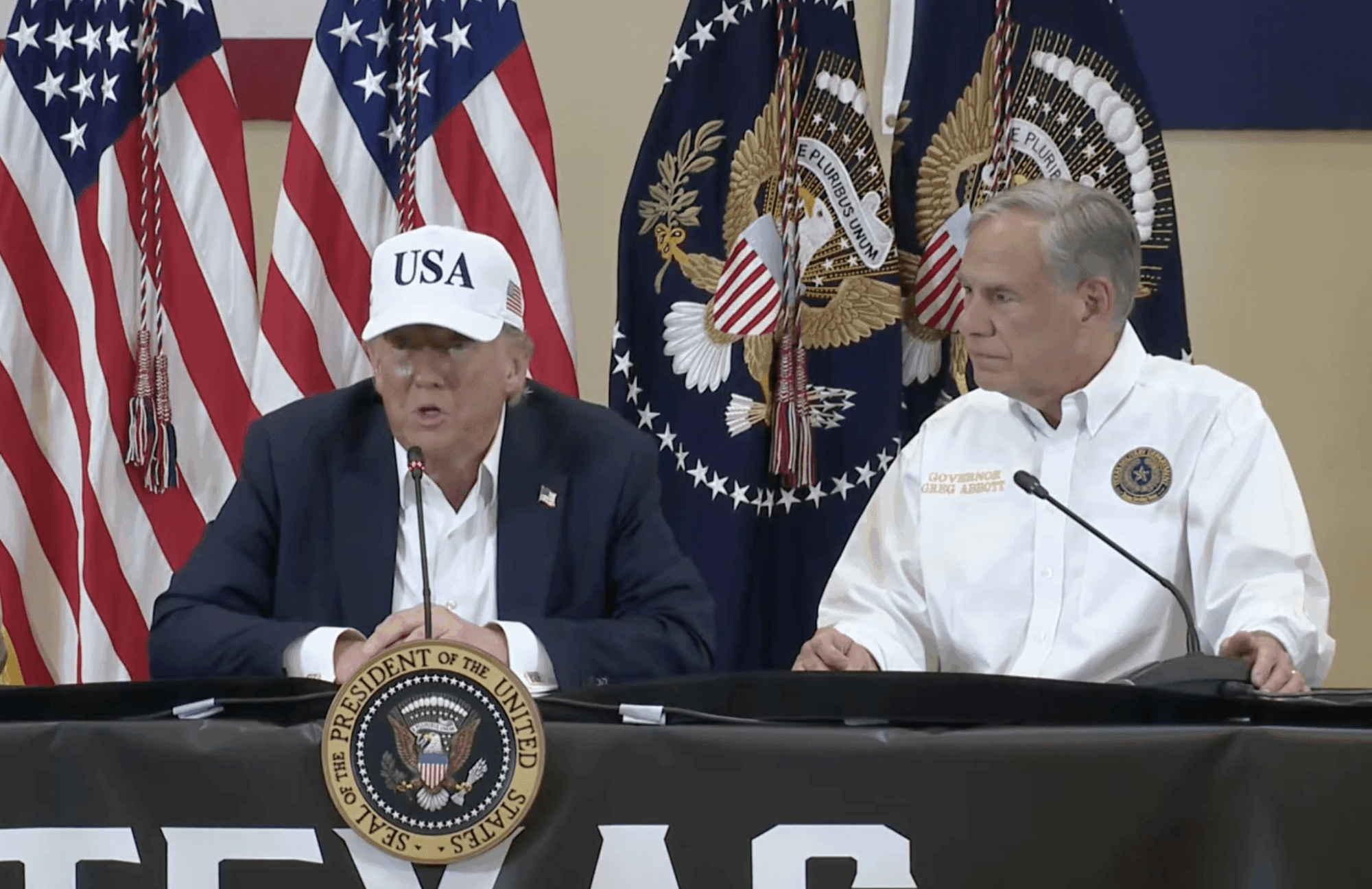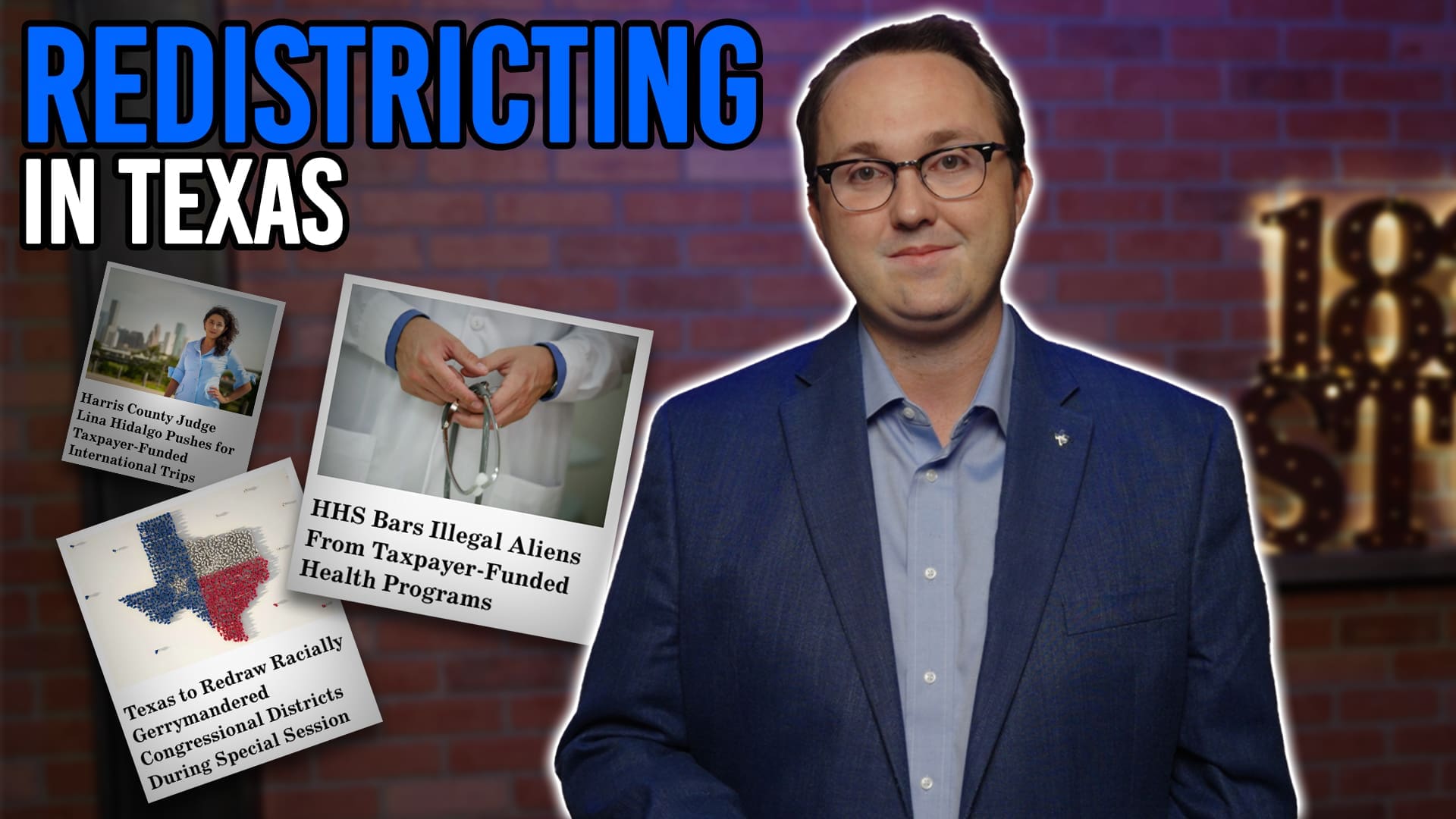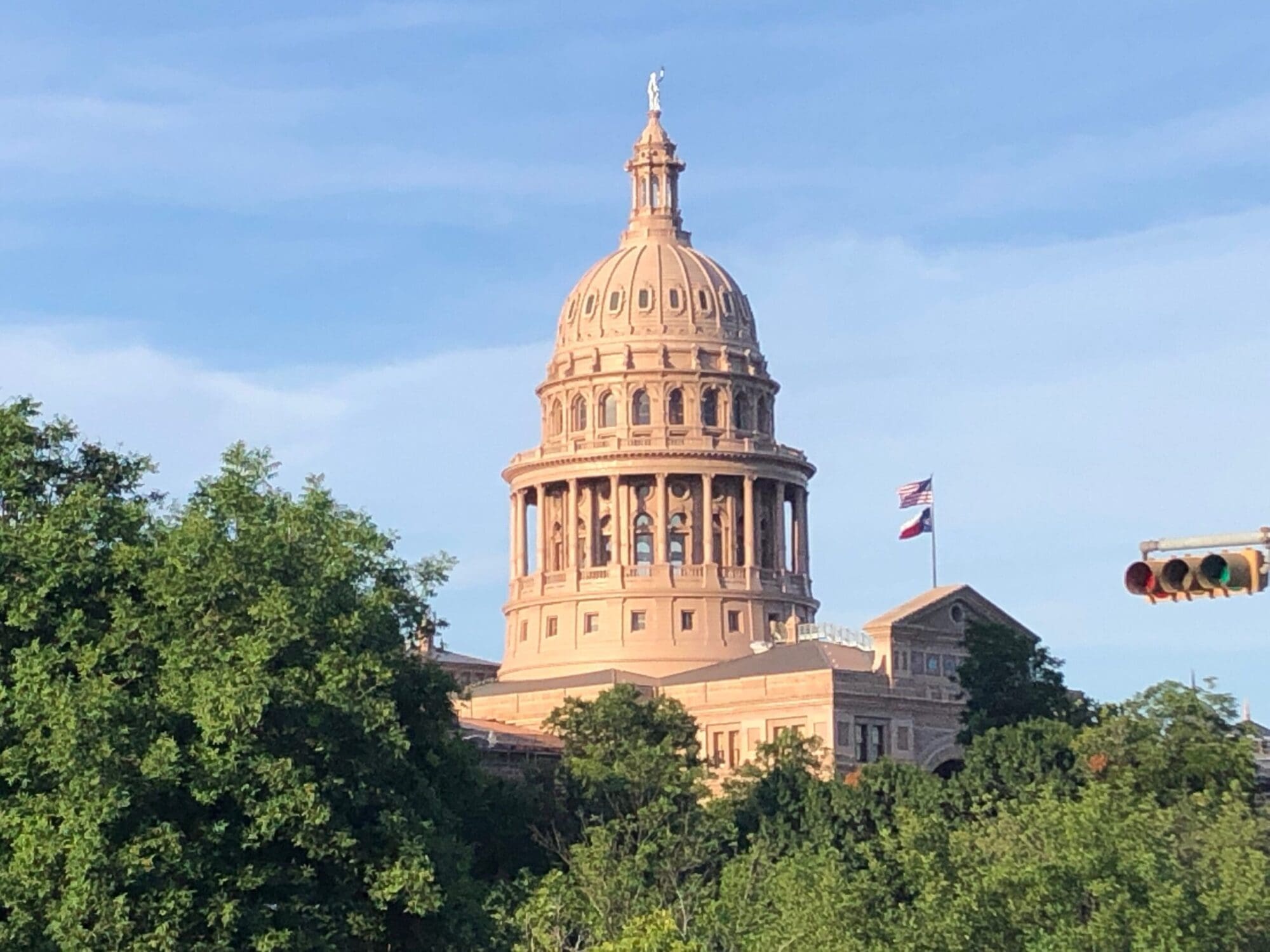A Republican lawmaker wants to make it easier for the state to control private property.
A measure by State Rep. Justin Holland (R–Rockwall) would create a “land and water conservation fund” to provide grants for the development of conservation, restoration, or public access projects on private land designated as conservation easements.
In Texas law, a conservation easement is a portion of land for which certain development and usage rights are transferred from a private landowner to a government entity or land trust, often in perpetuity, without relinquishing ownership of the property.
Conservation easements are intended to protect wildlife and natural resources by preserving the natural environment of undeveloped land. The contract establishing the easement specifies the rights of the property owner and whether it is accessible to the public. In return for donating or selling the rights to the easement, the property owner can receive a federal income tax deduction, reduce potential estate taxes for his heirs, and reduce his property tax liability.
According to American Stewards of Liberty, conservation easements are viewed by radical environmentalists and their allies as a tool to increase government control over private land. The group opposes House Bill 3165 and the related House Joint Resolution 138, the constitutional amendment that would authorize the creation of the fund if approved by voters.
The organization is working to expose and counter the international 30 x 30 agenda, which aims to designate 30 percent of the world’s land and water for conservation by 2030. Shortly after assuming office, President Joe Biden signed on to the initiative with Executive Order 14008, “Tackling the Climate Crisis at Home and Abroad.” The order adopts the 30 x 30 agenda for the United States to “listen to science and meet the moment.”
Dan Byfield, the CEO of American Stewards of Liberty, testified against Holland’s bill during a hearing of the Democrat-led House Natural Resources Committee, pointing out that the data on undeveloped land doesn’t support the claim that it’s becoming more and more scarce.
Texas has 172 million acres of undeveloped land and is losing around 250,000 to development each year, at which rate it would take nearly 700 years to run out.
“There is really no crisis,” he argued.
Byfield explained that under a conservation easement, “you no longer really control what happens on your land” and “capitalism is destroyed.” He added that Biden’s 30 x 30 order is an “unauthorized, unconstitutional program” and “we don’t need Texas to look like California or Nevada or Utah and take away as much private property as we can.”
Representatives for several conservation organizations—including the Texas Agricultural Land Trust, the Trust for Public Land, and the Nature Conservancy—testified in favor of the bill.
The legislation was left pending at the hearing’s conclusion.





